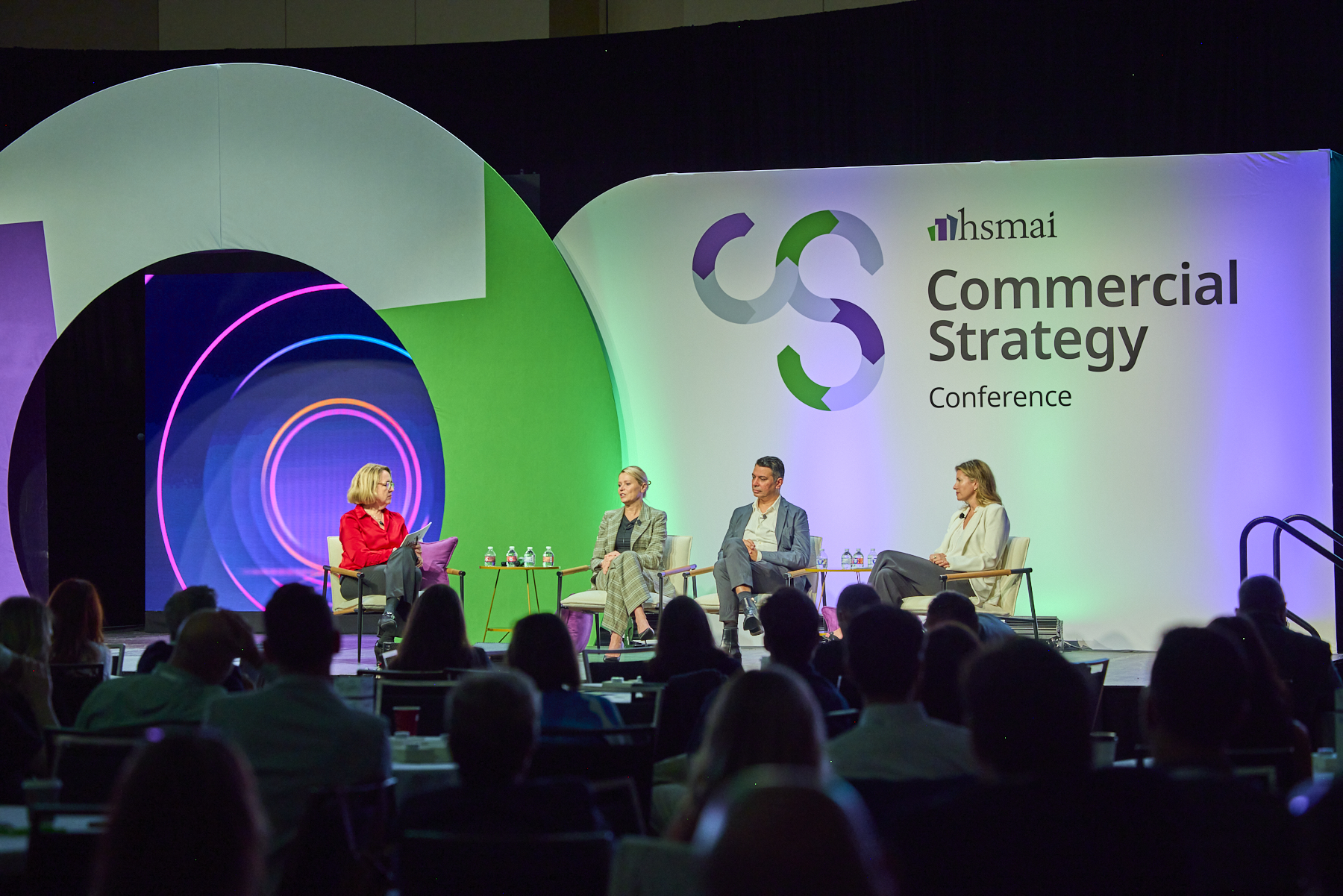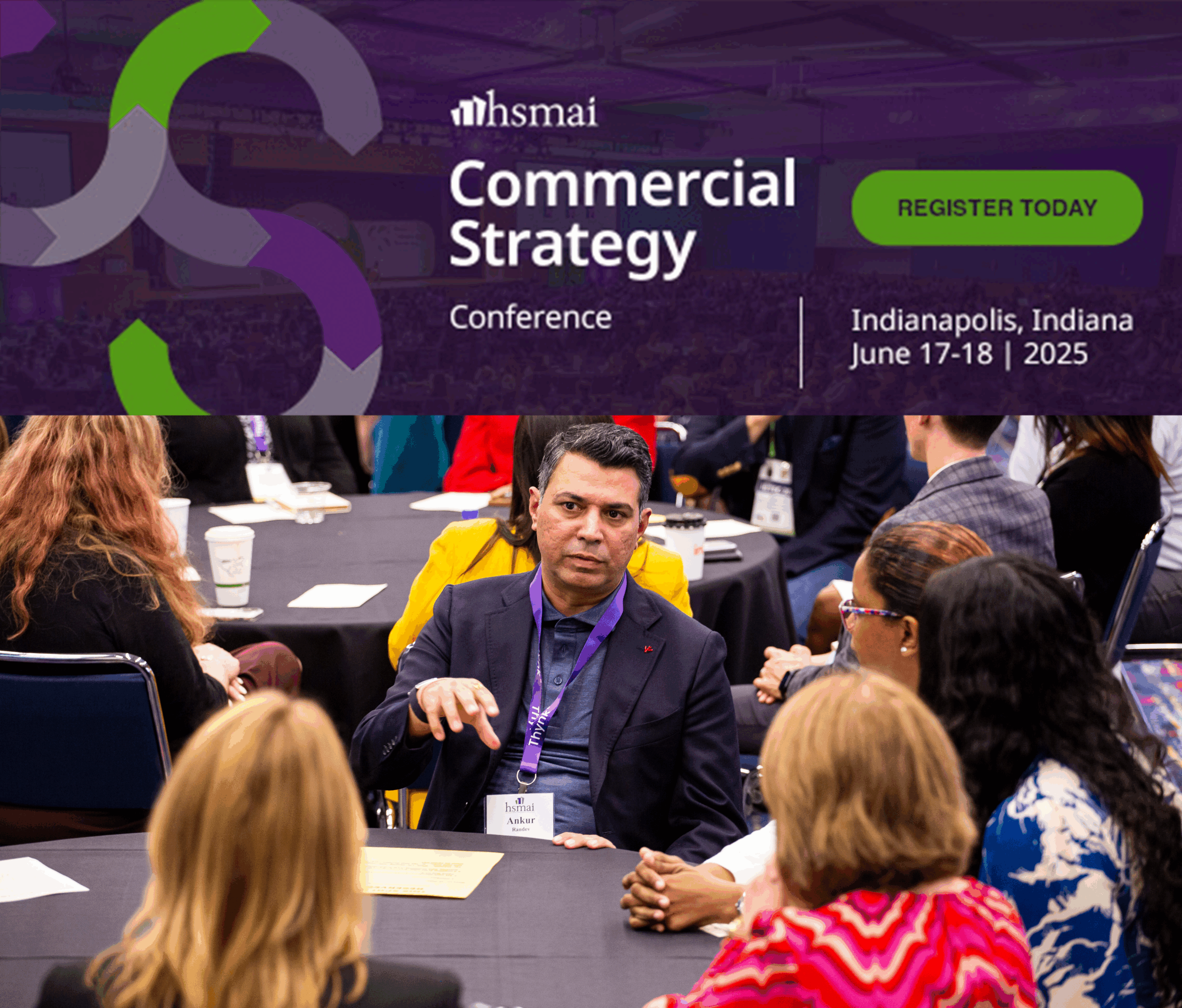Amir Eylon, President & CEO, Longwoods International
As the traditional U.S. Summer Travel Season is in full swing, it is time to look at our monthly pulse check of American Travelers with WAVE 97 of Longwoods International’s ongoing American Travel Sentiment tracking study! With AAA forecasting record domestic travel volume for the U.S. Independence Day Holiday Weekend, our ongoing reports of post-pandemic record-level travel demand among American travelers continues to be confirmed! That being said, economic concerns still weigh significantly on the minds of American travelers.
This month, we examine the caution American travelers say they plan to exercise in their travel spending. We also take another of our periodic looks at remote work during travel, customer service and expectations, as well as a glimpse at the growing use of AI in travel planning. A number of key highlights and insights are summarized in the release, but I have selected five of those insights for your consideration.
- Cautious Travel Spending on Upcoming Trips: More Americans plan to cut back on travel spending categories such as retail (37%), entertainment and recreation (32%), food and beverage (28%), and lodging (22%). Also, 29% are choosing destinations closer to home meaning that regional drive markets will be big winners this year. Despite this, the number of travelers canceling trips holds steady at only 6%. Folks are simply re-allocating their spend in travel categories and seeking value/deals to make their trips happen.
- Record High Demand continues among American travelers: While 28% of American travelers indicate their concerns over their own personal finances will greatly impact their travel decisions (down 3 points since May), this month showed demand among American travelers is at a survey record high level. This continues to reinforce our view that travel is currently seen among American travelers as a need vs. a want.
- Remote Work Away from Home Becoming More Unpopular Among American Travelers: A majority (60%) of American travelers do not plan to work remotely while away from home over the next 12-24 months, a significant 5-point increase from November 2023. This marks the growing trend of travelers seeking the work/life balance and setting boundaries with their employers.
- Customer Service Levels are on the Rise: Compared to August 2024, there has been a 4-point increase in those who said they received the same level of service as before the pandemic, showing service levels are improving, but not yet surpassing pre-pandemic levels. Despite the improvement, traveler expectations remain relatively unchanged with 22% still expecting a higher level of service than pre-pandemic on their next trip.
- AI Software Integration into Trip Planning: Travelers who said they used ChatGPT or similar AI software to plan their trip increased 6-points since August 2024, with one out of four travelers indicating their have used it as a trip planning tool. This shows a quick integration of AI in the trip planning process for many travelers, although we suspect the utilization level is likely higher as many travelers may be engaging with AI software and simply not aware if it due to its growth in sophistication.
Here is the link to download the latest highlights, and insights: https://longwoods-intl.com/american-travel-sentiment/american-travel-sentiment-wave-97/










